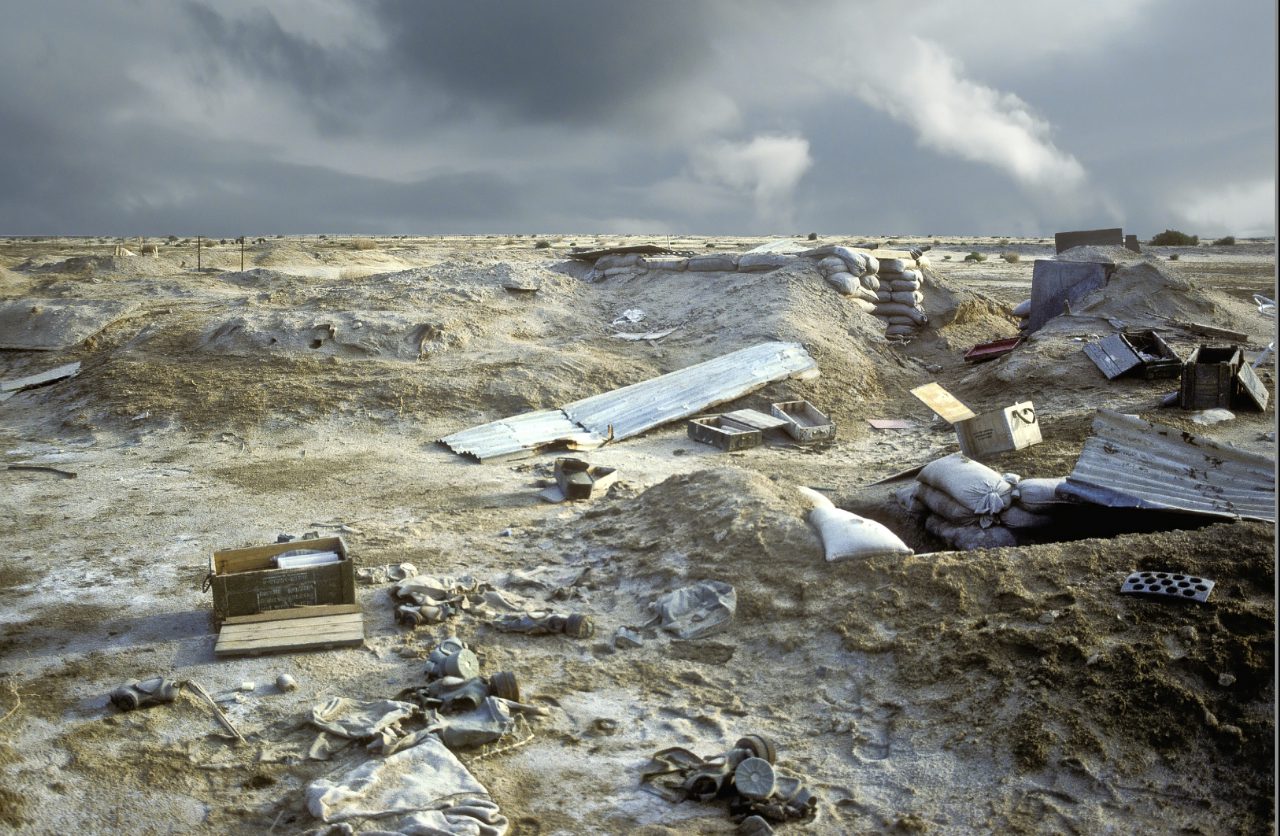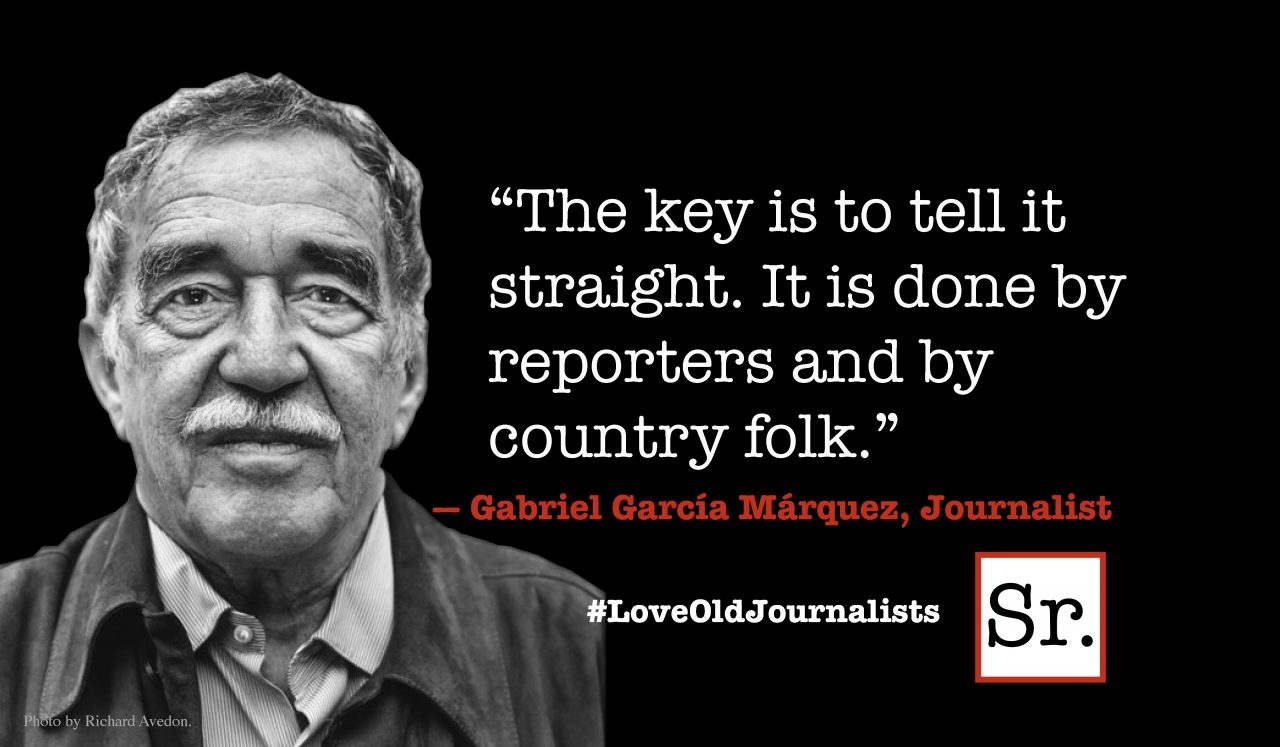On January 19, 2002, in his State of the Union address, George W. Bush poured gasoline on the raging fire that resulted from his ill-conceived invasion of Iraq. He had long since talked about our war against terror but was smart enough to realize that the American people would need to personalize their hatred if they were going to support the war. Saddam Hussein had been deposed and would be executed in 2006, but the President needed to find a larger focus for his and the American people's hatred. So in that speech he identified “the Axis of Evil,” which included at its center Iraq, Iran and North Korea, and on the fringes Cuba, Libya and Syria.
More than 14 years have elapsed since that speech. Iraq has been destroyed, evidence of its ancient history obliterated and its population splintered by in-fighting. Now, in light of the loss of a coherent central government, ISIS has risen from the ashes of our shock and awe. We cannot defeat it because we do not understand what produced it. In order to save Iraq, we needed to see it decimated. And that obscenity leaves nothing behind with which to do any political reordering.
What if, instead of seeing these nations and their people as part of the Axis of Evil, we saw them as mothers, fathers, little children, young people making their way in a difficult world, seniors trying to live out their last years in peace, while they had only the rubble of destroyed buildings on their streets and the ubiquity of death on their doorsteps? How many innocent Iraqis or Syrians have been blown to bits? What if we had realized that they faced the same concerns we have—just overarched by the hope of survival? When the bombs hit, they were just doing what families do in the evening; cleaning up after supper, getting the kids ready for bed, telling them stories read from their favorite books, and singing the tiny ones to sleep.
Erik Hillstad, a Norwegian record producer and lyricist, published a collection of lullabies from Iran, Iraq, North Korea, Syria and Cuba—nations Bush targeted. Here is one, a traditional Iraqi lullaby, a song of peace.
Peace to your dreams my little one.
Peace to all the children.
Peace to the world.
Peace to my country, my love.
Under the whispering trees our children will be free
We will see their beauty through the eyes of peace.
Peace to your heart.
Peace to our homeland.
Peace to the world.
Peace to our country.
I have heard this soft flowing Arabic chant sung by a group of children. And I have pictured a mother singing it to her child in the midst of destruction. What if, instead of shock and awe, we had offered all that is positive about the United States.
A new Marshall Plan for the Middle East might have included the best of medical care and technical knowhow. There was a time, before it was too late, to make friends of these potential enemies. Why, we even might have won the admiration of Saddam. But that is not what we did. Now we have reaped not only a devastated Iraq, but also an entire part of the world blown into so many incoherent pieces that it cannot be put back together again.
When battles were fought hand to hand, at least the combatants could see the faces of those they sought to kill. Then the horror came from 40,000 feet and the hostile forces, and civilians who lived around them, were just spots on a map. Now we can attack a totally faceless enemy from 7,000 miles away when somebody looking at a computer screen clicks a button, hoping for what the military calls a good kill. In the antiseptic confines of that room the button clicker, and all those who caused that event to happen, may not know the missile will strike a hospital or a mother bending over her child singing.
Peace to your dreams my little one.
Peace to all the children.
Peace to the world.









